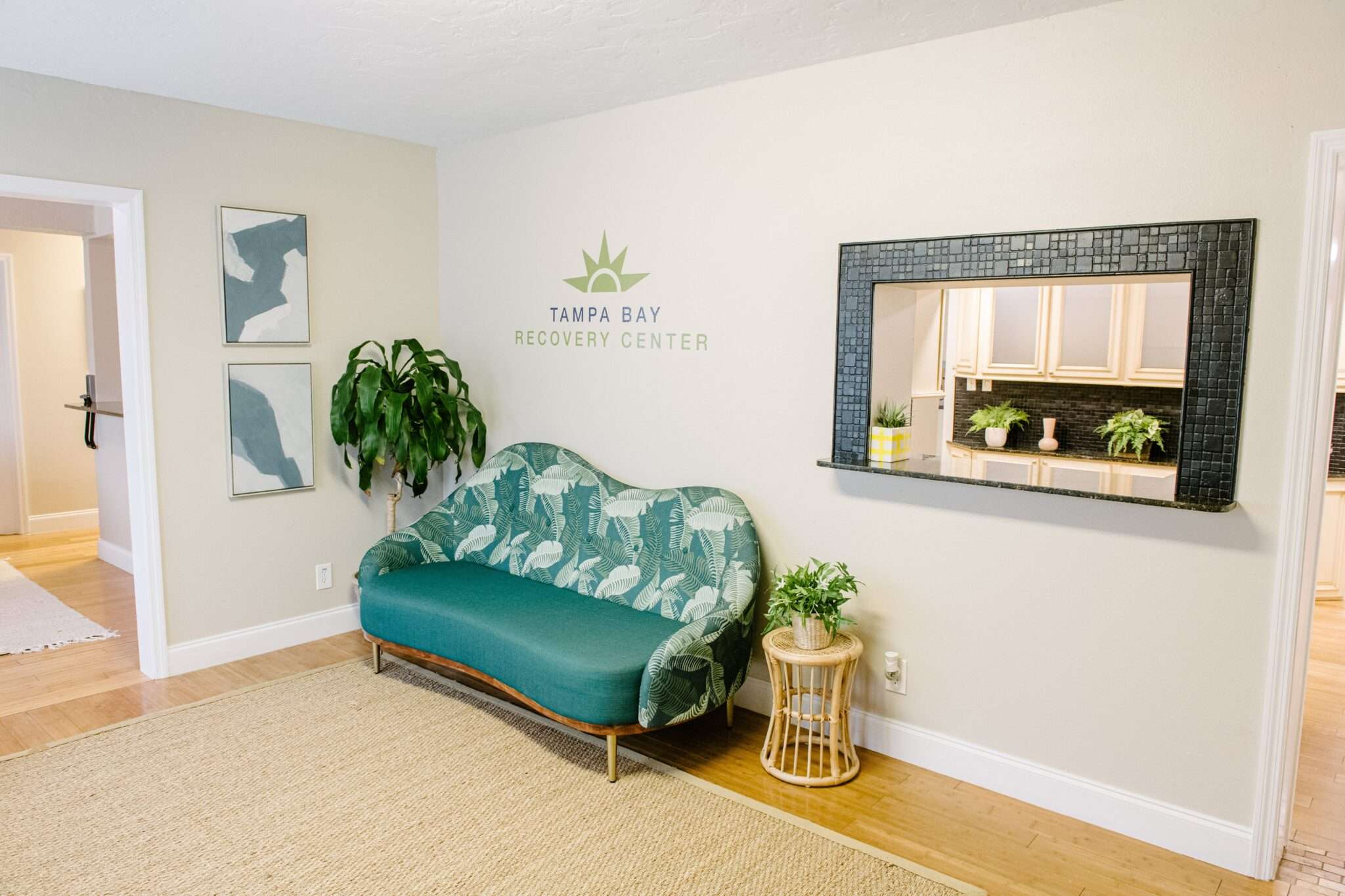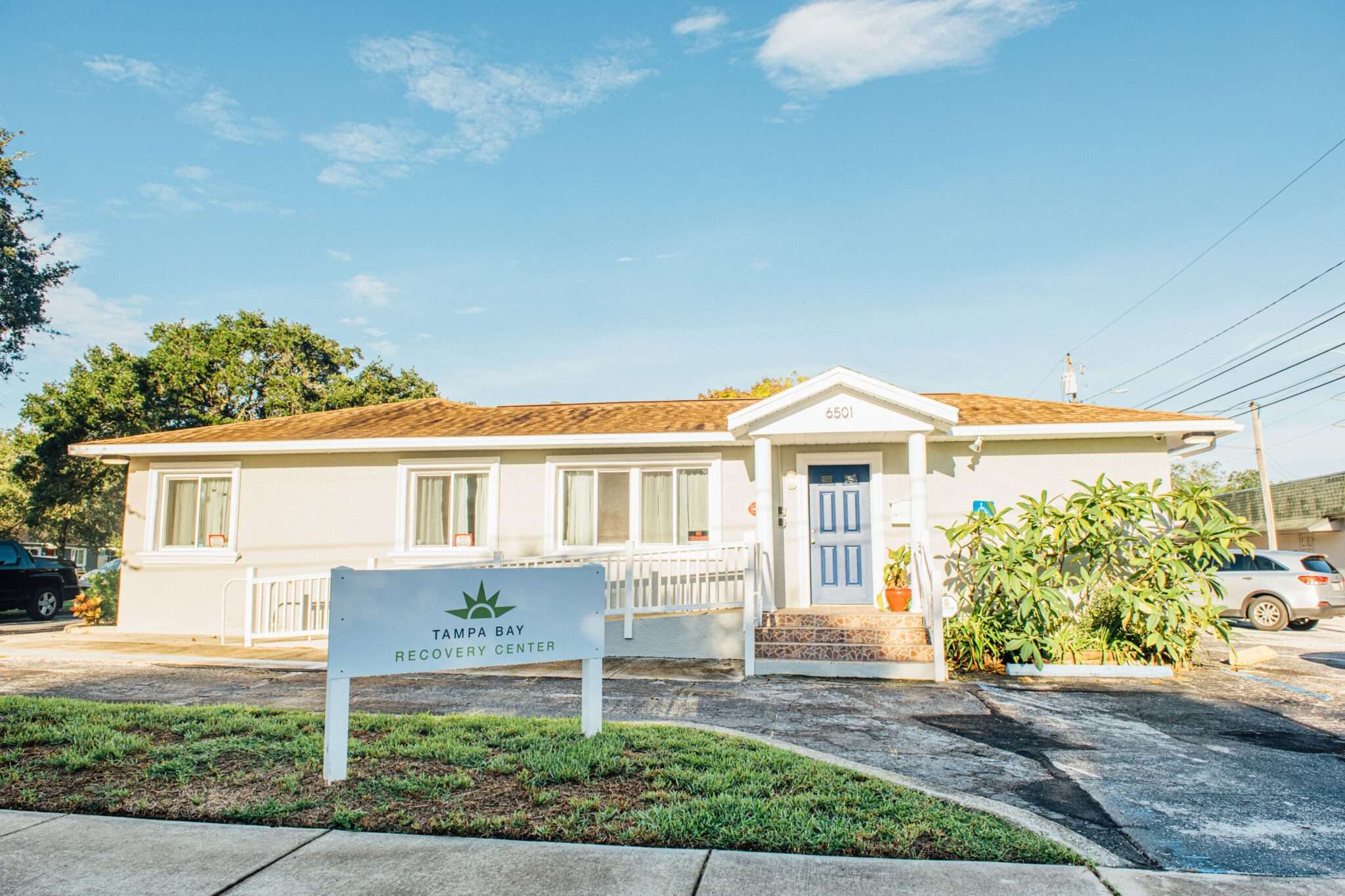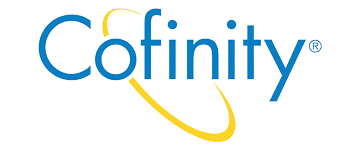Hash and marijuana are similar addictive substances derived from cannabis. Although cannabis is now becoming legal in many states for both medicinal and recreational reasons, this doesn’t mean that cannabis-derived substances don’t carry any risks. Despite the common myth saying otherwise, you can become addicted to cannabis-derived substances like hash and marijuana.
If you are struggling with addiction to hash, marijuana, and similar substances, Gulf Coast Recovery Center can help. We offer addiction treatment services in Tampa, Florida, for several types of drug addictions.
What is Hash?
Hash is short for “hashish.” It is a concentrated form of cannabis made by collecting sticky resin glands called trichomes. Trichomes are primarily found on the flowers of the female cannabis plant.
According to Frontiers in Plant Science, “These trichomes produce resin that contains cannabinoids, such as tetrahydrocannabinolic acid [THCA] and cannabidiolic acid [CBDA].” THCA and CBDA are the precursors to the main compounds of cannabis products, THC and CBD, respectively. Furthermore, THC is the main psychoactive element in cannabis products.
Thus, by collecting trichomes, hashish producers get a highly concentrated amount of THC. They then compress the resin glands into a solid, paste-like form. Hash users either smoke or ingest hashish for the psychoactive effects of the concentrated amounts of THC.
How is Hash Different From Marijuana?
Both hash and marijuana are derived from cannabis. Therefore, they both contain the same psychoactive element, THC. Overall, the effects of either substance are similar. However, there are some differences between hash and marijuana.
Marijuana refers to the dried leaves, stems, and flowers of the cannabis plant. Users typically smoke marijuana in pipes, bongs, or rolled up into marijuana cigarettes, commonly called joints or blunts. Users also ingest marijuana by mixing it in baking products or by brewing marijuana tea.
On the other hand, hashish is made solely from the resin glands of the cannabis plant. Thus, hashish doesn’t have the other parts of the plant to dilute the concentration of THC like marijuana. Therefore, the primary difference between hashish and marijuana is that hashish is usually more potent because of the higher concentration of THC.
However, it should be noted that some forms of marijuana still contain high amounts of THC—even at levels that could rival hashish. This could be due to differences in the strain of cannabis plants and the cultivation process.
Are Hash and Marijuana Addictive?
Yes, cannabis-derived substances like hashish and marijuana are addictive. According to the Centers for Disease Control and Prevention (CDC), “One study estimated that approximately 3 in 10 people who use marijuana have marijuana use disorder.” In addition, “Another study estimated that people who use cannabis have about a 10% likelihood of becoming addicted.”
Hashish and marijuana addiction fall under the umbrella of cannabis use disorder. When you continue using hashish or marijuana despite any problems that using these substances causes in your life, then you have cannabis use disorder.
Signs of Cannabis Use Disorder
The following are common signs of cannabis use disorder:
- Using more cannabis-derived products than intended
- Being unable to quit using cannabis
- Having cravings for marijuana, hashish, or similar substances
- Spending most of your free time getting high or under the influence
- Neglecting responsibilities, like missing work, appointments, or time with family
- Using cannabis in risky situations, like while driving
- Getting high at inappropriate times, such as during work or spending time with family
- Continuing to use cannabis despite health, emotional, or social problems
- Needing more cannabis to get the same effects
- Using cannabis with other substances to enhance the effects
- Feeling distressed when you stop using cannabis (withdrawal symptoms)
Mental Health and Cannabis Use Disorder
In addition, people who use hashish or marijuana to cope with underlying mental health issues are at an increased risk of developing cannabis use disorder. While cannabis products are now allowed for medicinal use in many states to relieve stress and anxiety, some people misuse medicinal cannabis. Or they buy cannabis-derived substances illegally to manage mental health symptoms.
Although cannabis can reduce anxiety and stress, a person with an addiction becomes dependent on cannabis to feel normal and to function throughout the day. They could feel significant distress without it, which means they have a physical dependence. Developing a physical dependence often results in an addiction.
However, mental health treatment can give you the coping skills that you need without resorting to cannabis. By treating the underlying causes of cannabis addiction, you can find healthy ways to deal with stress, anxiety, and other mental health symptoms. Many substance abuse treatment centers offer dual-diagnosis treatment programs to address both mental health and substance use disorders at the same time—leading to the best outcomes for both disorders.
Find Help for Cannabis Addiction in Tampa, FL
Whether you use marijuana, hashish, or other cannabis-derived substances, you could develop an addiction. Although many people believe that cannabis is not addictive, estimates from studies cited by the CDC suggest that between 10-30% of cannabis users become addicted. But there is hope for recovery from cannabis use disorder as well as co-occurring mental health disorders.
Gulf Coast Recovery Center offers treatment for cannabis use disorder in Tampa, Florida. Contact us today to begin your recovery.
















